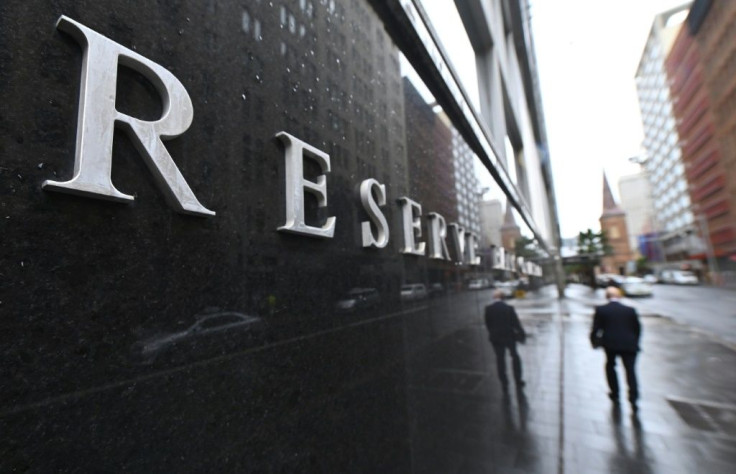Australia Central Bank Governor Says CBDC Release Might Take Years
Australia does not see a strong case for a central bank digital currency, or CBDC, but the central bank is cautious and welcoming to the same, the RBA (Reserve Bank of Australia) governor said.
Governor Philip Lowe's statement shows Canberra's position on CBDCs may be diverging from that of the central banks of major economies, like China and India, which have made clear their intention to pursue a digital currency and impose severe controls on crypto. But Lowe's statement also shows the central bank itself could be divided over the issue.
The treasurer of Australia's central bank, Josh Frydenberg, had said in his recent interview with 7News Australia the country is looking into the possibilities of a CBDC and talked about bringing new reforms in the payment system of the nation.
"Every single day in Australia, there are over 55 million cashless transactions worth about $650 billion and more than 800,000 Australians have owned a form of cryptocurrency." He said that it is "fast becoming the new norm" and the "regulatory system hasn’t stayed up-to-date" with the change.
Frydenberg said the bank is looking to license crypto exchanges and planning "a world-leading initiative as well" with the release of its own CBDC.
Lowe, meanwhile, said the release of a CBDC by the central bank does not have a time frame. It could be "quite a few years before we see anything more than small-scale proof of concepts," Bloomberg reported him as saying. "It is possible, however, that the public policy case could emerge quite quickly as technology evolves and consumer preferences change."
“There are deep issues about how it could affect the stability in the operation of our payment system,” Lowe said. “This is why it’s worth taking time.”
China has trialed its own CBDC and the central bank in India is actively working on launching a CBDC. As per a report, New Delhi is set to launch a CBDC in Q1 2022.
"In a CBDC universe, we have to be that much more careful with regard to ensuring cyber security and taking preventive steps to prevent any kinds of frauds because there will be attempts. We have to have robust systems and firewalls," Reserve Bank of India governor Shaktikanta Das said.
While Beijing has adopted a hostile stance when it comes to cryptocurrencies, New Delhi, too, recently said it will soon bring in a new law to severely restrict and regulate the same.
Some industry insiders expressed their concerns that the move could stifle growth and leave India out of the innovations made in the crypto space.
"Now is the time to encourage innovation in one of the most innovative countries in the world and to attract high-quality projects in the space to advance the technology as opposed to driving them underground or abroad to territories as close as Dubai," said Toby Gilbert, CEO and co-founder, Coinweb, which operates out of London, Kiev, and Bangkok, told the Economic Times.
Over the years, the number of Indians holding or trading in cryptocurrencies has increased exponentially, and any blanket ban could lead to an increased use of non-legal channel by people to invest in cryptos, causing the government to lose out on potential revenue,” Rajat Prakash, a lawyer and managing partner at Athena Legal told Business Insider.

© Copyright IBTimes 2025. All rights reserved.




















